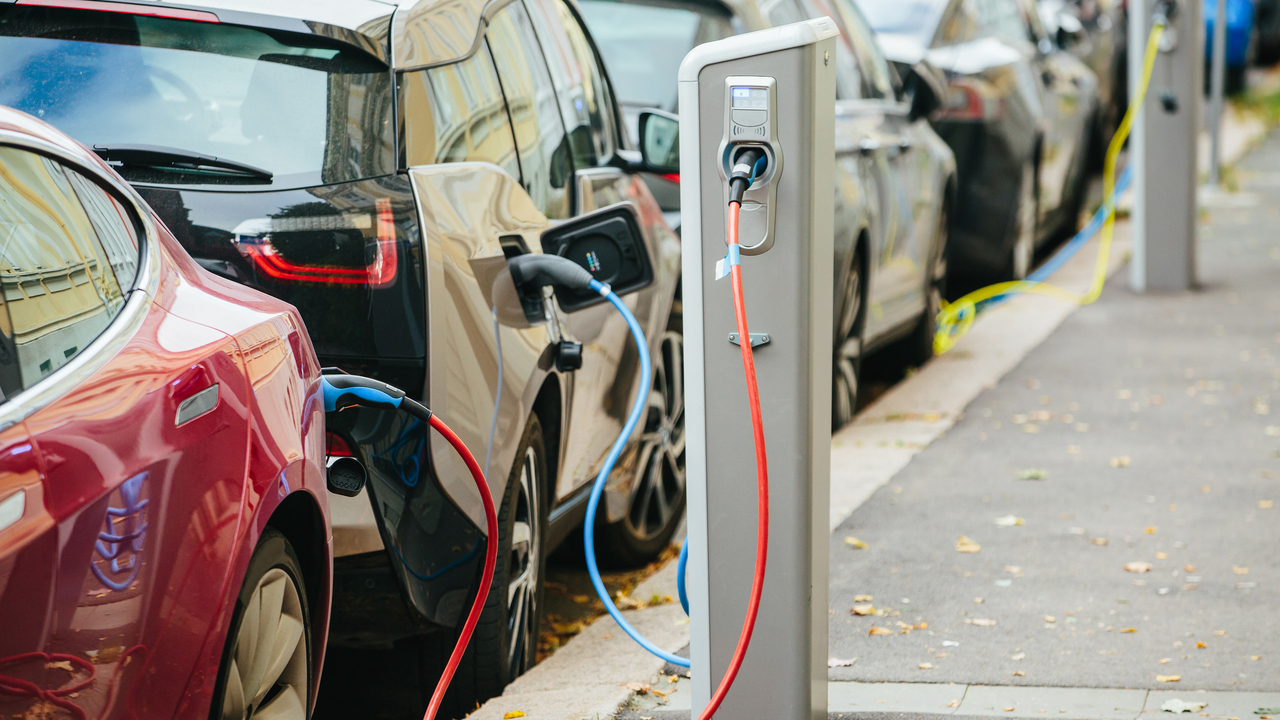Gasoline cars make a lot of noise, says Erica D. Walker, founder of the Public Noise Laboratory at Brown University’s School of Public Health. This is especially noticeable on highways, as cars can move there at high speeds. Thus, in 1981, the U.S. Environmental Protection Agency stated that every year about 100 million people in the country are exposed to road noise that can harm their health.
However, numerous factors affect how much noise a car makes. This is the design of the car, its speed, the condition of the road and much more. On average, cars moving at a speed of about 48 km / h produce noise equal to 33-69 dB. That is, it is a cross between a quiet library and a noisy dishwasher.
If the car will drive along the interstate highway, its average speed will be about 113 km / h, and the noise level will already reach 89 dB. This can be compared to two people shouting at each other during a conversation.
At low speeds, electric cars and hybrid electric/petrol cars are very quiet. This is explained by the absence of internal combustion engines, which cause noise and vibration in such machines. The US National Highway Traffic Safety Administration requires these vehicles to have noise levels between 43 and 64 dB when traveling at speeds below 30 km/h. At the same time, there may be no difference between petrol cars, electric cars and hybrid cars at high speeds, because in such cases tire and wind noise is louder.
In addition, potholes, cracks, depressions can form on the roads, which contributes to the generation of noise when cars pass over them. If such roads are left unrepaired, this could eliminate noise improvements from electric vehicles.
Source: Ferra












